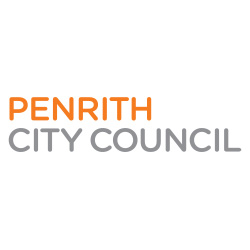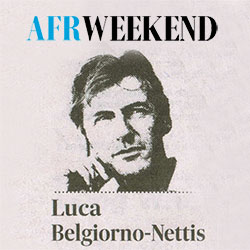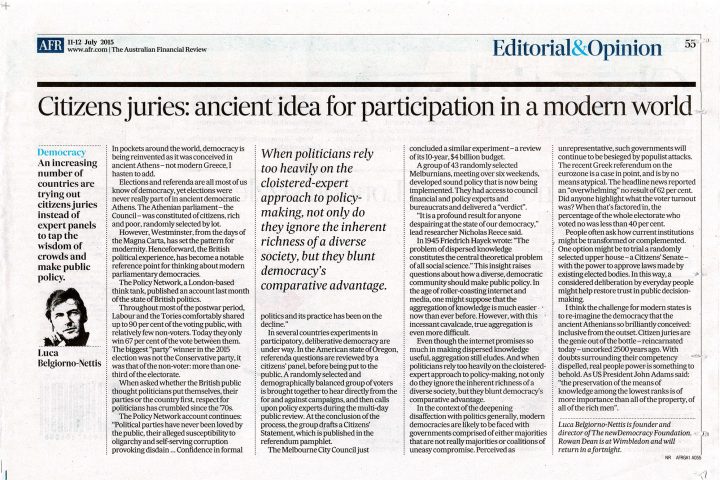Decisiveness; student governance in Bolivia; Segolene Royal’s notion of having 24 people oversight their MP’s behaviour; mini-publics in practice. The link between these diverse topics is that they are each the subject of ground-breaking research following the announcement of 2015 Research Grants from the New Democracy Foundation. The Foundation’s Research Committee has awarded funding to...Continue reading
SMH | Stagnation erodes trust in democratic political institutions
As published on SMH on 25 August 2015 Luca Belgiorno-Nettis It has long been an axiom of government that the key to success is trust. As long ago as Confucius it was held that three things were needed for government – weapons, food and trust – but that if a ruler could not hang on to all three, they must guard...Continue reading
Penrith City Community Panel (2015)
Balancing competing needs in a growing community Penrith City Council is a large, iconic council area and like many local government authorities in New South Wales, it is growing and changing rapidly. That change brings with it both opportunities and pressures on services and finite resources. With nearly $300m of future infrastructure needs already identified...Continue reading
RADIO NATIONAL | How to reinvigorate democracy
The parliamentary vote on same sex marriage is likely to be defeated, and the Prime Minister is advocating a range of options for what comes next. One is a national plebiscite on the issue at the next election. This would only be the third in Australia’s history.
THE AGE | New MPs want to restore faith in politics
By Michael Gordon, Political editor, The Age. What struck new MP Tim Watts most about question time when he took his seat in the Parliament after the last election was not the rancour, or the shallowness, or the pettiness or even the name-calling. It was the noise. So Watts downloaded a noise-meter on his iPad...Continue reading
Citizens’ juries could reduce Auckland’s democratic deficit
Nicholas Ross Smith & Zbigniew Dumienski A report by Bernard Orsman published in the New Zealand Herald on the state of Auckland City Council found that 88 of the 99 positions in the council’s boardrooms and executive teams were filled by “white men from wealthy suburbs.” While nobody is suggesting that any of these individuals...Continue reading
Citizens juries: ancient idea for participation in a modern world
In pockets around the world, democracy is being reinvented as it was conceived in ancient Athens – not modern Greece, I hasten to add! Elections and referenda are all most of us know of democracy, yet elections were never really part of ancient democratic Athens. The Athenian parliament – the Council – was constituted of...
Radio National. Shaping democracy for the people
Presented by Jonathan Green. Sunday 5 July 2015. Winston Churchill once said, “Democracy is the worst form of government, except for all the others”. 70 years on, with a world facing unprecedented challenges including climate change and growing inequality, could our democratic system use a bit of tweaking? In the UK last week, a major...



